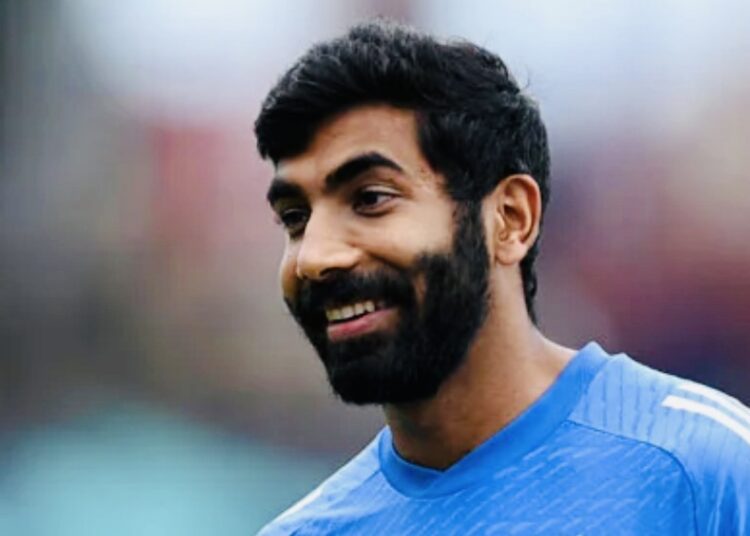During the IPL season, the BCCI’s medical team closely monitors the fitness of key players by regularly liaising with the franchises. They require detailed updates on players’ physical condition, specifically requesting week-by-week reports on workload management. This proactive approach helps ensure that players are in optimal shape and can perform at their best when on international duties.
When a top player like Jasprit Bumrah is recovering from an injury he suffered in Australia, his franchise Mumbai Indians as well as the BCCI would indeed be deeply concerned about his fitness levels before the season begins. Given Bumrah’s crucial role in both domestic and international cricket, Mumbai Indians would be closely monitoring his recovery, managing his workload, and assessing his readiness for competitive action.
Considering Bumrah’s critical role for the Indian team, the BCCI has set clear guidelines for players and IPL team owners, particularly those concerned about their key players getting injured before the IPL season. The board has emphasized that for its contracted players, domestic cricket takes precedence over the IPL, at least in theory. This policy stresses BCCI’s primary focus on ensuring the availability and fitness of players for international commitments, signaling that the needs of the national team should be a priority over club obligations, even though the reality can sometimes be more complex due to IPL’s commercial and competitive significance.
The fact that Bumrah is likely to play only key matches in the Champions Trophy against Pakistan and New Zealand highlights that the BCCI’s policies might be seen as an exception for certain key players, given their importance to the national team. Even Virat Kohli’s neck injury, combined with the BCCI’s domestic cricket directive, may have caused concern for Royal Challengers Bangalore (RCB). Since RCB’s team combination heavily relies on players like Kohli, their strategy could be impacted by the uncertainty around his fitness, adding to the delicate balance that the BCCI, players, and franchises must navigate in managing player workloads and injuries.
Sources revealed that some members of the team management and board officials are not entirely impressed with the overly protective approach taken by certain IPL franchises towards their players. The so-called standard operating procedure (SOP) for player management has, in part, been shaped by the practices of these franchises, who sometimes take extra precautions with player fitness and workload. While managing player welfare is essential, there are concerns that this overly cautious approach may not always align with the needs of international cricket, especially when it comes to preparing players for key matches.
The challenge is balancing the commercial appeal of the IPL with the pride and responsibility of representing the nation. “There’s a need for both players and cricket administrators to find a harmonious approach—where players can earn from the IPL while ensuring they remain committed to their national duties,” a BCCI source said while explaining the reason behind BCCI putting no IPL without playing domestic cricket.

















Thank you for your sharing. I am worried that I lack creative ideas. It is your article that makes me full of hope. Thank you. But, I have a question, can you help me?